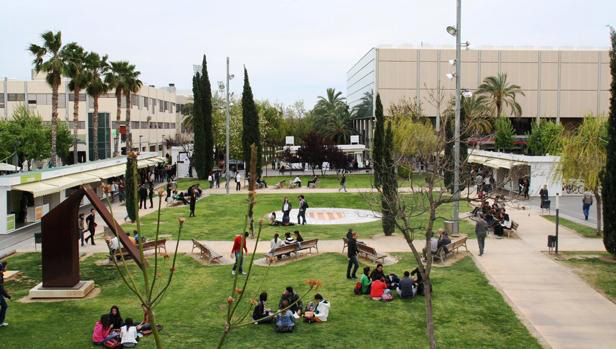At the same time, it maintains strong links with the social environment in which it carries out its activities. UPV is a young university -51 years of history-, made up of about 34,000 students, 3,600 professors and researchers and 1,500 administration and service professionals spread across its three campuses, the main one in the city of Valencia.
The UPV comprises 13 university centers, of which 9 are higher technical schools, 2 are faculties and another 2 are higher polytechnic schools. UPV includes also a Doctoral School, three affiliated centers (Florida University, Berklee College of Music and EDEM School of Entrepreneurs) and the Polytechnic City of Innovation; it is a scientific park that connects the university, business and society and seeks to accelerate the generation of knowledge-intensive activities.
What has done your institution concerning social innovation? What does your institution understands social innovation?

The understanding of social innovation (SI) at the UPV is diverse and rich and without a univocal interpretation. There is no own document that exposes the UPV’s approach or vision of social innovation, but the actions carried out from multiple disciplines are varied, without sharing these experiences until very recently.
To respond to this situation, in 2019 the I Social Innovation Forum organized at the UPV was launched, in which social innovation projects and initiatives developed by the different agents of this university were shared (in the link you can see the more outstanding, in fields such as sustainable finance and women, organic farming, school gardens, service-learning, youth employability, disability, etc.). The aim was to raise awareness of the importance of SI in the university, to know what the different research groups of the UPV were developing, especially those that were tangible, and to do “networking” between the different researchers, people or groups.
On the other hand in UPV exists the understanding of collective social innovation made by a multidisciplinary team linked to the INGENIO [CSIC-UPV] Institute, which understands collective SI as that innovation that addresses current social challenges based on horizontal and inclusive participation, orientation to human development and work towards sustainable and fair alternative models that place citizens at the center.
What has done your institution concerning climate change?
The UPV has from 2009 a certified Environmental Management System (European EMAS Regulation and ISO 14.001 Standard), an Environmental Policy and Declaration, in addition to environmental Committees and Units. From this framework UPV develops institutional projects (energy efficiency or mobility, for example), research actions of the whole research community, as well as including sustainability in studies. All together has received international recognition.
According to the Times Higher Education Ranking, which classifies the impact of universities based on their commitment to the SDGs, the UPV ranked in 2019 among the 200 universities around the world with the most social and economic impact, highlighting its contribution in: production and responsible consumption; sustainable cities and communities; and climate action. In three areas UPV is in the top one hundred worldwide (industry, alliances, fight against climate change and sustainable cities).
The GreenMetric index, which values the environmental sustainability policies of higher education institutions at an international level, rated the UPV in 2019 as one of the 115 best universities in the world, in aspects such as: energy efficiency and the fight against climate change, promotion of non-polluting transport and environmental education.
The UPV also has a Chair in Climate Change since 2016, an instrument for research, training and awareness.